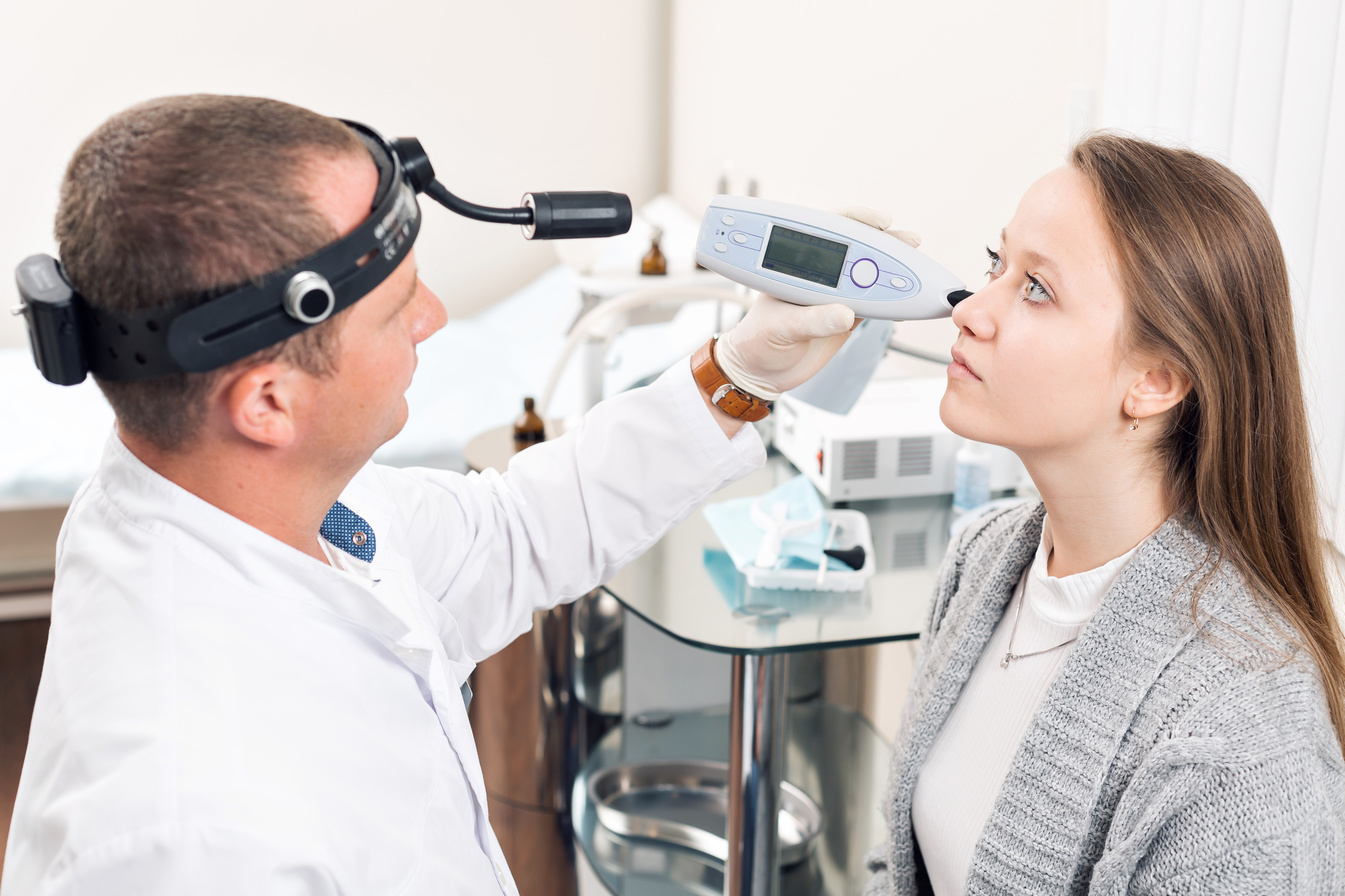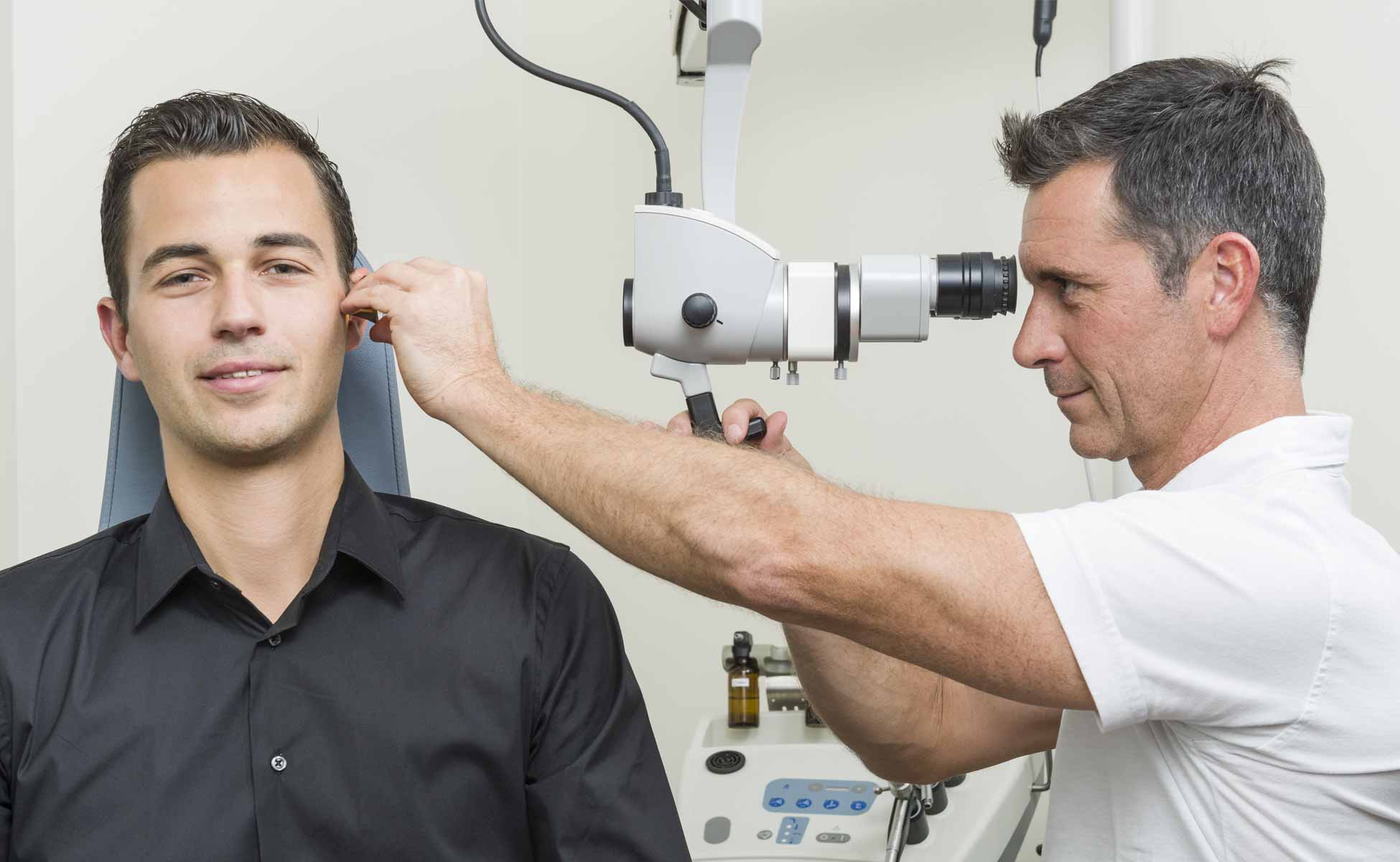An ENT [ear, nose, and throat] specialist is a doctor who can help you with all problems relating to your ear, nose, and throat. These problems include sinuses, ear infections, nasal cavity, pain in the ear, and so many other conditions.
But when do you know that it is the right time to see an ENT specialist? Well, there are plenty of signs and symptoms that should prompt you to go and see an ENT. Here are some of the clear indications that show that you should visit an ENT clinic near you as soon as possible:
1. If You Have a Chronic Sinus Infection
Sinuses are open sores in the bones behind the nose and around the eyes. Mucus in the sinuses tends to filter the air you breathe and drain through your nose. But if the mucus gets blocked and cannot drain properly, an infection may occur.
Bacteria, viruses, and other germs can cause sinus infections. This can make you become congested and even lead to pain in your face. That’s why you need to visit an ENT immediately.
The ENT will diagnose and treat your infection. He or she will prescribe medicines to relieve congestion and pain. In addition to that, the ENT can offer you insights on what you can do to prevent sinus infections from developing.
2. If You Have an Ear Infection
While ear infections generally affect children, it is also common in adults. Ear infections usually involve inflammation of the middle ear. This occurs] when an allergy r infection causes mucus and germs to accumulate behind the eardrum. This can lead to pain and even trouble hearing.

An ENT has special tools that can enable him or her to look deep inside the ear. He or she can also run tests to see if there is too much pressure or fluid inside the ear. He will then prescribe medicine to treat the ear infection. The reason why you should visit an ENT immediately if you have an ear infection is that treating the infection early can avoid them from spreading or even becoming severe.
3. If You Are Experiencing Hearing Loss
While hearing loss is more common in the elderly, it can basically affect anyone. Some of the hearing loss signs include trouble hearing someone in a crowd, ringing in the ear, or muffled sounds. When wax accumulates in your ear, it can make it hard for you to hear regardless of your age. Hearing loss can be caused by infections, head injuries, loud noises, heart problems, and certain medications.
If you are having trouble hearing, or one of your ears seems not to be functioning well, you should make an appointment with an ENT as soon as you can. The doctor will diagnose and treat your problem. Treatment for hearing loss generally involves removing wax from the patient’s ear or surgically repairing an ear injury. The doctor can also prescribe a hearing aid or implant to help restore the patient’s hearing.




